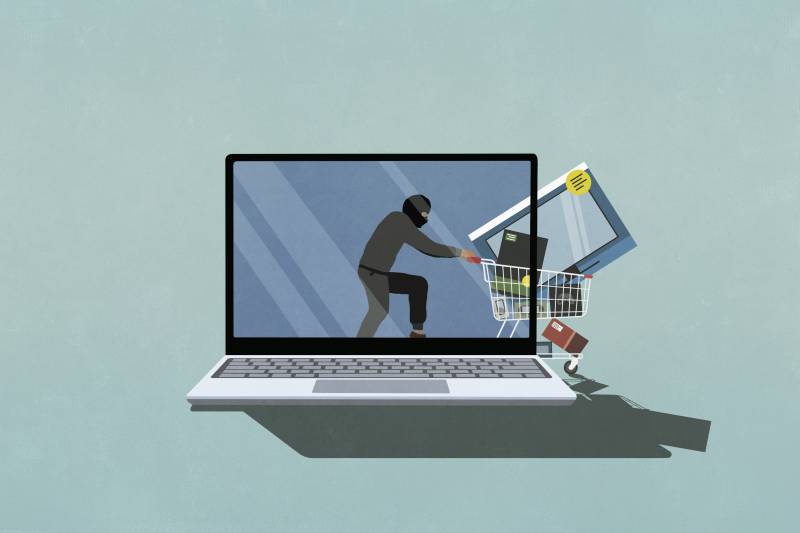If someone makes a fraudulent charge on your credit card, the most you’ll be liable for is $50, according to the FTC. But if someone gets a hold of your debit card, they can take money straight out of your checking account, leaving you without access to that cash while you sort things out with your bank. You also may be liable for much more of the losses, depending on when you report the fraud.
5. Call the number on the back of your bank card
If you suspect that someone has made a fraudulent charge on your bank card, don’t search for your bank’s phone number on the internet. Call the number on the back of your bank card or on your account statement, Nofziger says. “Criminals are placing fake customer service phone numbers [online]. You call it thinking you’re talking to your actual bank,” but it’s a fake number.
6. Sign out of your Venmo app when you’re done using it
If you thought you were only at risk while browsing the internet, you are wrong. Picture this, Nofziger says. Say you’re walking down the street and a teenager comes up to you and says, ” ‘Oh my gosh, I lost my phone. I need to call my mom to pick me up. Can I borrow your phone?’ ‘Well, of course,’ you say. ‘Here’s my phone.’ You see them dialing a phone number. But actually, what they’ve done is they’ve gone into your Venmo app,” and they’ve transferred money to themselves.
For this reason, Nofziger recommends signing out of your peer-to-peer payment apps when you’re done using them.
7. Set up your phone to decline calls from people you don’t know
To reduce your chances of answering phone calls from scammers, go into your phone settings and select the option to send unknown callers to voicemail. “That means that anybody that is not in your contacts that calls you will go directly to voicemail,” Nozfiger says. “If it’s important, [the caller] will leave a voicemail.”
8. Be careful about what you post online
People can gather a lot of information from your social media accounts, Richmond Pope says. If you share a birthday photo on your actual birthday with your age in the caption, people can find out your birth date. They can find out who your friends and family are by looking at your followers list and your tagged photos.
They can also find out when you’re out of town. Your vacation photos on Instagram announce to the world that you are not home, she adds. “Most people are not posting their pictures two weeks after they come back. They’re posting their pictures while they’re on vacation.”
If you do get scammed, make sure to report it, Nofziger says. And give yourself grace. “You were a victim of crime. End of story. You need help, kindness, empathy and guidance.”
